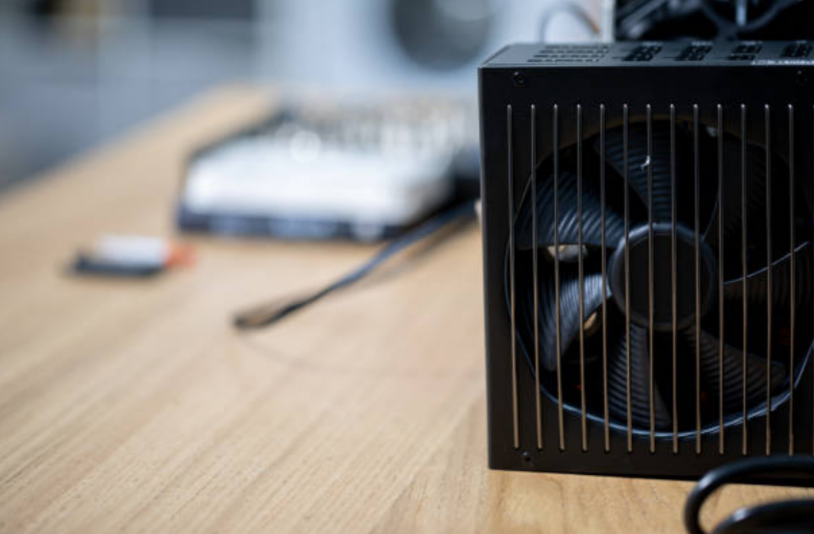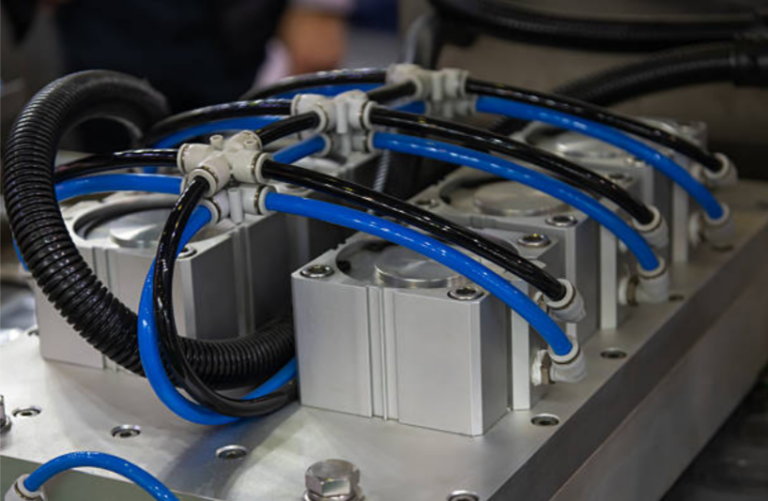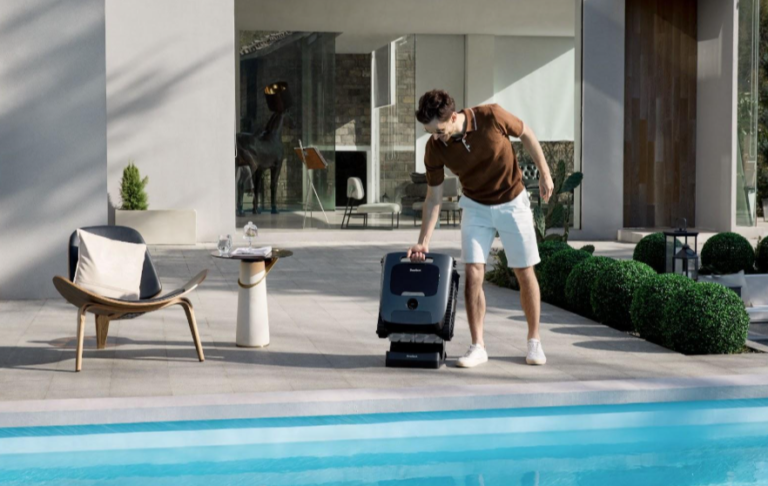PC Cooling Face-Off: Liquid Cooled PC vs. Air Cooled – A Comprehensive Comparison

Cooling also becomes essential when you are constructing a high-performance PC so that your computer, when performing an intensive task, will perform efficiently and effectively. There are two primary kinds of cooling systems, which are a liquid cooling system and an air cooling system, so each of them has its benefits and weaknesses. The comparison of liquid cooled PCs vs air cooled systems will be provided in this article to assist you to make the best selection with your set up.
Basic Liquid Cooling
Liquid cooling is an advanced technique which involves the use of a closed loop type of system which helps in passing coolant (mostly a mixture involving water) through other components such as the CPU and the GPU. The coolant will absorb the heat, cool it in a radiator, which is cooled by the fans after which it is recirculated. Compared to air cooling, liquid cooling is effective since the use of water in the process absorbs and transfers heat more easily since it is a greater thermal conductor. Liquid cooling is therefore the best fit in high-performance PCs which require to serve labour-intensive tasks such as gaming or rendering.
Liquid cooling systems can take two different forms: All-in-One (AIO) coolers and custom loops. AIO coolers are simple to install and less expensive yet custom loops are more efficient in terms of cooling and need skilled labour and care. A properly maintained liquid cooler will greatly enhance the work of your system and those who intend to overclock their parts should consider having the liquid cooler.
The Conventional Way Air Cooling
Air cooling, however, dissipates heat into the surrounding air through heatsinks connected to other parts such as CPU and GPU. To remove the hot air out of the system, fans will be used. Air-cooling is simpler and most of the time less expensive compared to liquid-cooling hence popular with most PC builders. Thermal efficiency of air cooling is its main drawback though. When systems require more power to operate as when playing or performing a lot of work, the fans have to push a more significant amount of air and hence may increase the noise generated.
Air cooling usually utilizes fan sleeve bearings that are less noisy in comparison to other fan bearings such as ball bearings. Such fans are ideal in situations with a low load, but at large load the band can raise and the cooling capacity might as well begin deteriorating. Air coolers may not be very effective in the management of temperatures in the case of high-performance environments where heat generation is continuous and rather high as opposed to the liquid cooling system.
Cooling Efficiency and Noise: Liquid Cooling vs Air Cooling
In the comparison of liquid cooled PCs with air cooled systems, cooling efficiency and noise can be seen as two important factors. One of the key applications of liquid cooling systems is the high level of thermal efficiency due to the high ability of liquids to absorb and radiate the heat compared to the air. This implies that liquid cooling is most suited to high-performance systems, i.e. overclocked systems or systems with high workloads. Since the liquid cooling is more efficient, it can be operated quietly because the radiator fans do not have to work at high speed, which causes noises.
Conversely, air cooling is less than ample in thermal performance. Air coolers in some cases may be sufficient on a daily basis but may find it difficult to deliver on the low temperatures when heavily working or in cases of overclocking. Fans have to run more and more in order to cool the machine, leading to sound. Although fan sleeve systems can help quiet down at lower speeds, air coolers are likely to get louder as the system demands augment, particularly in high-performance computers.
Read Also: Technological Changes Altering Business in 2025
Cost, Installation, and Maintenance
In between liquid cooling vs air cooled systems, cost and easy installation is a factor, which should be considered. Air cooling can come much cheaper and is more simple to install. An air cooler of high quality may as well cost just 50 dollars and installation can be as basic as fitting the cooler on the processor and the fan to the mother board. Maintenance is also minimal, a simple clean of the dust fans and heatsinks once every few months is all that is normally necessary.
The liquid cooling systems however are costly. This is because an AIO liquid cooler is likely to be at least $100 and custom loops will run you hundreds of dollars, again depending on the parts. It is more complex to install and has the tubing, a pump, and a radiator besides the fans. It is also associated with increased maintenance of liquid cooling systems whereby the liquid has to be regularly changed and leakages monitored. This increased cost as well as maintenance might discourage the user who might want an easier and simpler setup. Nonetheless, the liquid cooling investment pays off in many ways, especially to users who need the best of the best.
Conclusion
When speaking of the liquid cooled PC vs air cooled debate, the answer is that you have to pick the correct option according to your needs, budget and preferred performance level. When efficiency, noise dampening and heat output are concerned, liquid cooling leads in those categories and is the best fit of high-performance systems, including game systems/workstations that are excessively over-clocked. It is however more expensive and involves more maintenance.
Air cooling however is a cheaper and easier alternative that is effective, but it is worthwhile to only those users who have average performance demands, or users who do not overclock their computer. Air coolers need air for cooling but also allows fan sleeve bearings to use lower speeds at which they are quiet, although at high usage noise can be more apparent.
Whether you want to get the best performance or the cheapest and low-maintenance product, it all depends on your priorities, and thus, either liquid cooling or air cooling is a better option. Both types of cooling are interesting on their part and you can choose one, depending on your own requirements. Being a gamer, content creator, or simply a person who looks forward to a more silent and more efficient PC, these cooling techniques are going to help you optimize your build to perform the best.





